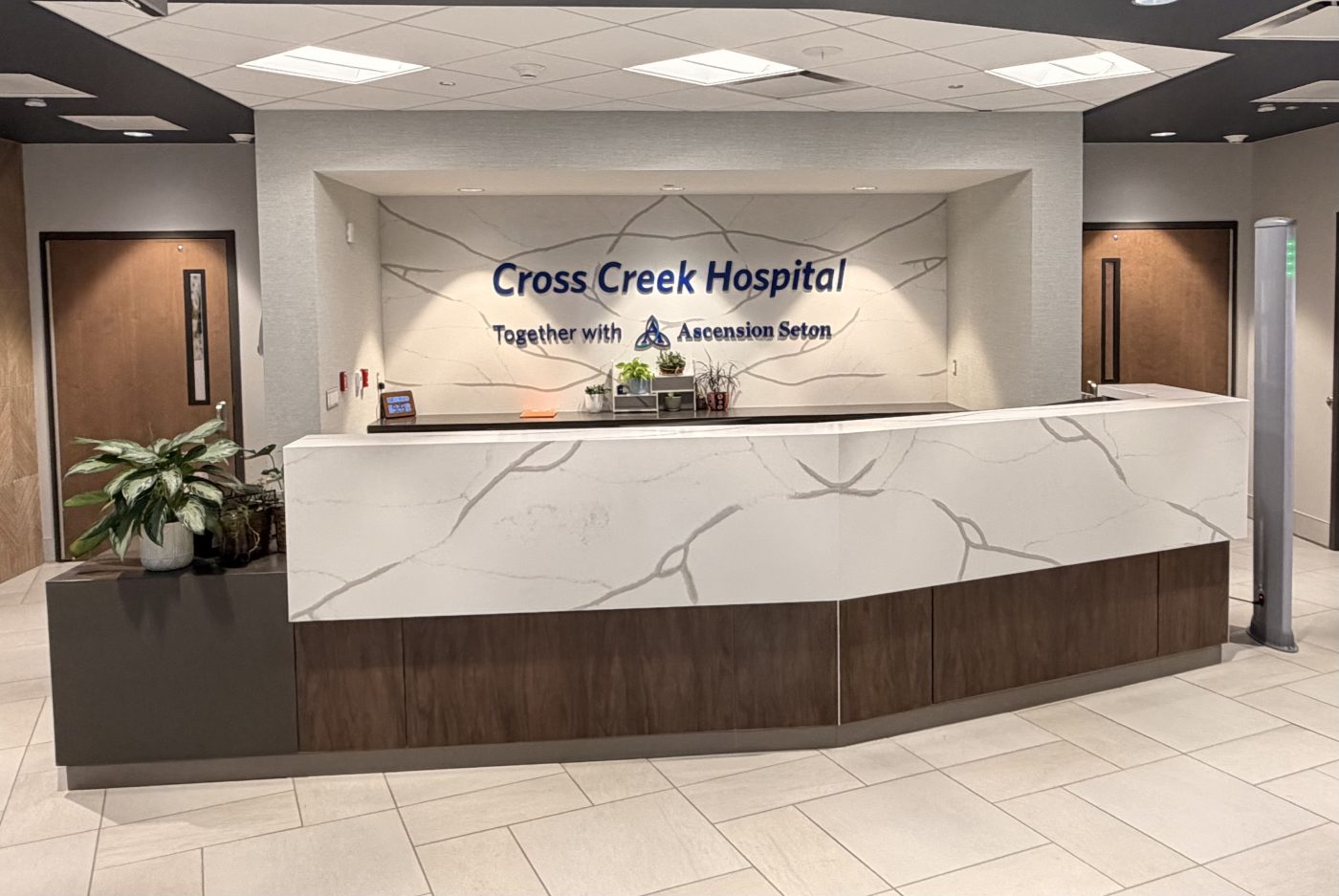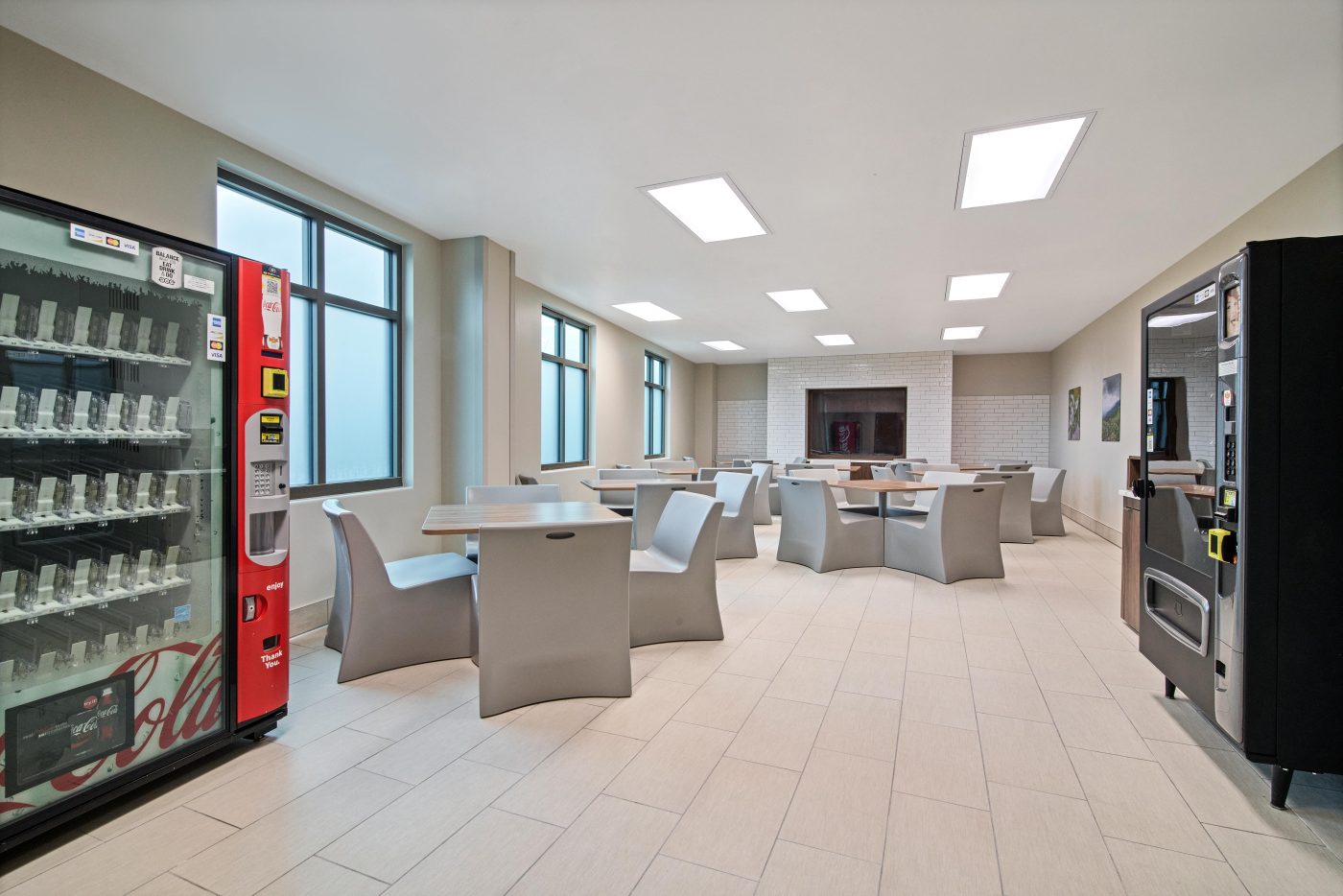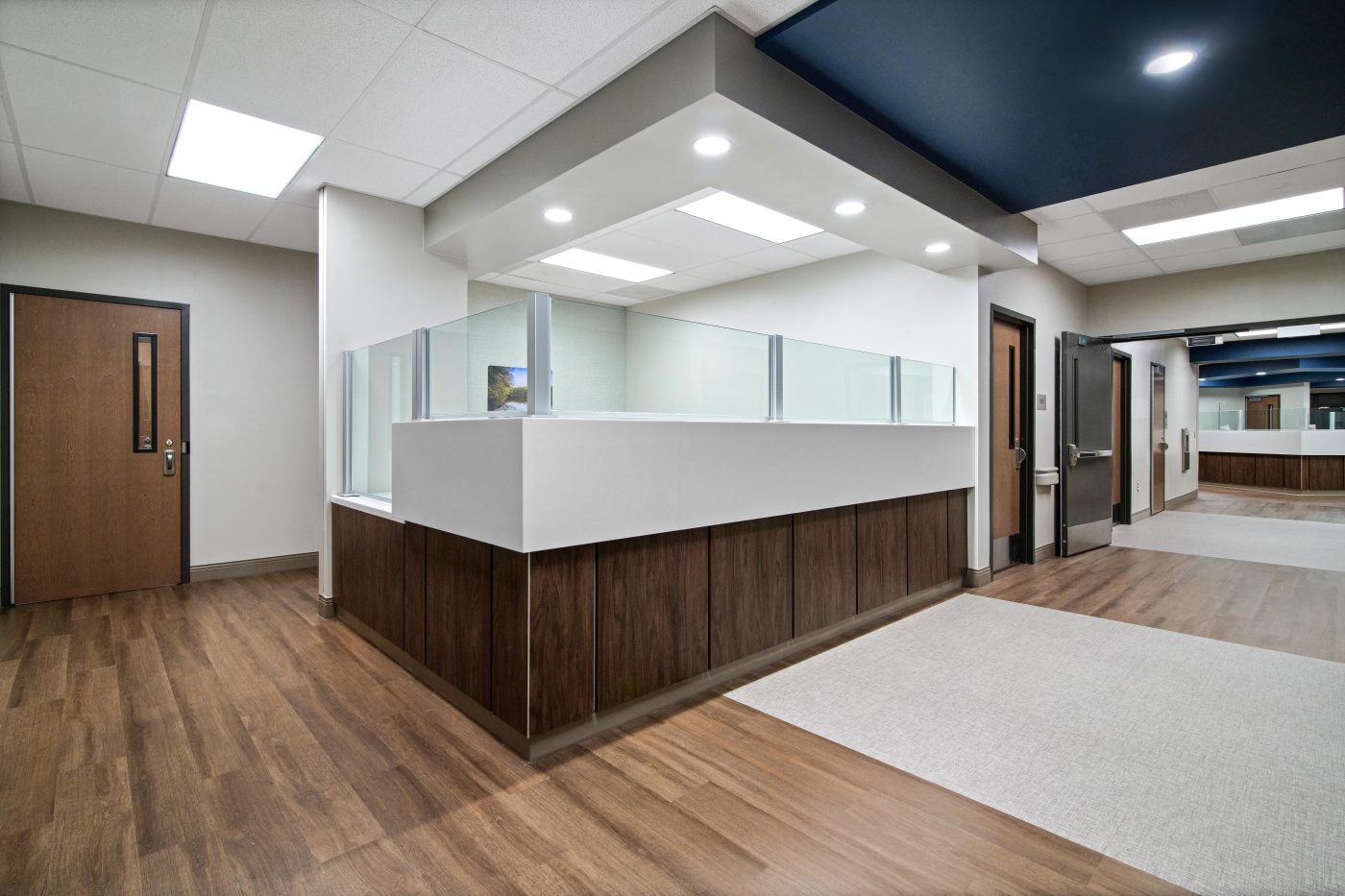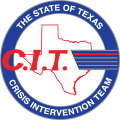Cross Creek Hospital Together With Ascension Seton helps children, adolescents, and adults who are struggling with PTSD through an unmatched quality of care and support. Located in Austin, TX, Cross Creek Hospital Together With Ascension Seton is the leading provider of PTSD treatment.
Learn More About PTSD Treatment
Learn more about PTSD treatment at Cross Creek Hospital Together With Ascension Seton in Austin, TX
When individuals have experienced a traumatic event or series of events, they will inevitably experience some feelings of distress. In some cases, such distress can even last for a prolonged period of time. There are some individuals, however, who experience this type of distress to such an extreme level and for such an extended length of time that it begins to negatively impact their ability to function appropriately on a daily basis. When this is the case, these individuals are likely suffering from symptoms of posttraumatic stress disorder. Also known as PTSD, this mental health condition can elicit disturbances in most, if not all, areas of a person’s life.
Keeping in mind the sensitive nature of the symptoms that are characteristic of posttraumatic stress disorder, and the dysfunction that those symptoms can cause for sufferers, Cross Creek Hospital Together With Ascension Seton, a hospital for PTSD treatment in Austin, has developed specialized programming that is tailored to meet the unique needs of patients who are faced with the challenges that accompany this demoralizing, and often debilitating, illness. By receiving care at Cross Creek Hospital Together With Ascension Seton, individuals with PTSD can learn the valuable tools needed to develop and enhance healthy coping skills so that a happy, healthy life can be rediscovered.
How to Help a Loved One
Helping a loved one get treatment for PTSD
Knowing that a family member has had to live through a traumatic experience can be devastating in and of itself, but then watching the effects of that experience morph into the overwhelmingly distressing symptoms of posttraumatic stress disorder can be heart-wrenching. You want to help your loved one in any way that you can, but you may not know where to start. Consider the following:
- Become educated on posttraumatic stress disorder. Coming to understand the ins and outs of this disorder can help you develop a sense of empathy towards what your loved one is experiencing, while also aiding you in discovering how you can best be of support to him or her.
- Provide your loved one with opportunities to discuss how he or she is feeling, remaining patient and encouraging. Do not feel as though you need to have an answer to or a solution for anything your loved one shares with you; just be there to listen.
- While it is important to offer your loved one the chance to talk about his or her thoughts and feelings, it is also important that you refrain from pressuring him or her to talk about things that he or she does not feel ready to discuss.
- Research treatment options that can best meet the needs of your loved one, and offer to go with him or her to any appointments that are scheduled for evaluations or to tour various treatment centers.
- Be an active part of your loved one’s treatment process and remain an ongoing source of unconditional support and encouragement.
Why Consider Treatment
Why consider treatment for PTSD at Cross Creek Hospital Together With Ascension Seton in Austin, TX
When an individual is suffering from posttraumatic stress disorder and is denied the opportunity to receive treatment, there can be a number of adverse consequences that result. The symptoms of PTSD can be so all-consuming that they begin to hinder a person’s ability to function at the expected level at work or school, resulting in academic failure or job loss. The recurring flashbacks can lead to the onset of heightened levels of anxiety and/or paranoia, resulting in social isolation and the deterioration of significant interpersonal relationships. Furthermore, the longer that these symptoms are allowed to persist, the more susceptible an individual becomes to begin engaging in self-harming behaviors or to begin abusing substances in an attempt to numb the negative emotions he or she is experiencing. Fortunately, when appropriate therapeutic interventions are implemented, individuals can overcome these debilitating symptoms and find happiness once again.
Types of Treatment
Types of PTSD treatment offered at Cross Creek Hospital Together With Ascension Seton in Austin, TX
At Cross Creek Hospital Together With Ascension Seton, a PTSD treatment center in Austin, we are devoted to providing everyone who seeks care at our hospital for the treatment of posttraumatic stress disorder with the respect and dignity that they deserve. Our all-encompassing goal for treatment is to help men, women, and adolescents improve their overall functioning by helping them to stabilize and to continue their recovery with new tools that they will be taught in the treatment setting. We are proud to be able to achieve this goal by utilizing the structure and processes of a treatment model that combines cognitive-behavioral therapy, experiential therapies, and didactic therapies.
All of the treatment methods implemented in our inpatient programming when caring for individuals who are struggling with PTSD utilize a multidisciplinary focus in order to ensure that an integrated approach to treatment that facilitates increased stabilization and growth is received by all patients. Furthermore, we place a high regard on the involvement of our patients’ families, knowing that their contribution to the therapeutic process is paramount to successful healing. The emphasis of our programming here at Cross Creek Hospital Together With Ascension Seton is not diagnosis-specific, but rather focuses on treating the symptoms that are plaguing each individual. We are devoted to implementing a truly holistic approach that aims to maximize patient care at our hospital and help them achieve their highest level of functioning.
The following methods for care may be incorporated into the individualized treatment plans that are given to each adolescent, adult, and senior adult who are engaged in services for self-mutilation at Cross Creek Hospital Together With Ascension Seton:
Medication management: In some instances, the use of psychotropic medications, such as anti-depressants and/or anti-anxiety agents, are used in conjunction with other therapeutic methods as a means of fully treating the distressing symptoms of PTSD. A patient’s need for medication, however, is always determined on a case-by-case basis at our hospital. Patients meet with a psychiatrist at least once each day so that the therapeutic effectiveness of any medications that have been prescribed can be monitored and changes can be made when necessary. Additionally, there are also nurses on staff who assist in monitoring medication needs.
Individual therapy: This individual case consultation will occur at a minimum of once each week at our treatment center, but additional sessions can be added whenever needed or deemed beneficial to the patient. Various members of our patients’ treatment teams, including their assigned individual therapists, provide such consultations and afford patients a time to meet one-to-one to discuss any concerns they have, process through the various emotions they are experiencing, and to track treatment goals.
Family therapy: Family involvement is important in the overall success of treatment for our patients who are suffering from posttraumatic stress disorder. Keeping this in mind, family therapy sessions are held at least once each week for our adolescent patients and are held on as-needed basis for our adult patients. For the family members of those who are struggling with the symptoms of PTSD at our hospital, this can be a time for them to learn about the disorder itself, while also being afforded the opportunity to gain valuable knowledge on ways in which they can be of best support to their loved one.
Group therapy: Group therapy is a significant component to the treatment options offered here at Cross Creek Hospital Together With Ascension Seton. The types of groups that our patients may engage in can include:
- Education groups teach patients about the origin and the nature of the disorder or co-occurring disorders that they are suffering from. In these groups, patients learn to identify problems, form a treatment plan, and work effectively on obtaining recovery and maintaining stability.
- Process groups provide a structured setting for the discussion of issues and concerns that are identified by patients. This group focuses on the processing of feelings, internal communication and cooperation, and participation in healthy group feedback.
- Addictions groups apply the 12-step addictions model for recovery to a wide range of self-destructive behaviors, including self-mutilation, disordered eating, and unhealthy personal relationships.
- Journaling groups provide a structured setting for developing therapeutic and recovery skills in the form of journaling, keeping a diary, completing homework assignments, and other writing tasks.
- Music therapy groups provide an emotionally evocative group setting that is designed to provide the participants with an opportunity to practice affect management skills.
- Healthy relationships groups focus on developing social skills and practicing healthy interactions. It provides a forum for structured, supportive risk-taking and practicing assertiveness, while also offering an opportunity for the giving and taking of feedback.
- Discharge planning groups provide an opportunity for building skills that will improve the quality of life after discharge and reduce the likelihood of future readmission.
Experiential therapy: In an attempt to provide a truly holistic approach to treatment, the staff at Cross Creek Hospital Together With Ascension Seton offers a number of experiential therapeutic options for patients who are plagued by the symptoms of PTSD by using things such as psychodrama and recreational techniques. These therapies are designed to teach patients skills for appropriate risk-taking, internal communication and cooperation, and expressing needs and fears in a healthy way. Examples of the experiential therapies that patients may engage in while at our center for the treatment of PTSD include:
- Physical wellness and exercise therapy program
- Animal assisted therapy
- Art therapy – This type of therapy is used to teach nonverbal strategies for expressing thoughts, feelings, and behavior in a healthy fashion. It is meant to be a technique for individuals to learn how to “tell without talking.” The art therapy groups also involve verbal processing of the artwork that is created.
- Relaxation integration – This type of experiential modality is designed to increase self-esteem, motivation, and energy levels by providing a forum for learning and practicing leisure and social skills, while also developing healthy support systems.
Continuing Care
Continuing care and levels of treatment for PTSD
At Cross Creek Hospital Together With Ascension Seton, we want to ensure that each patient will have continued success in healing and maintaining recovery after completing inpatient care for the treatment of posttraumatic stress disorder at our hospital. In order to do this, we make it a priority to begin discharge planning from the moment a patient is admitted into our hospital. This plan coincides with a patient’s treatment plan and aims to address any concerns or needs for further, less intensive treatment after engaging in our programming.
Our caring and compassionate staff will work with patients and their families to determine the most appropriate and effective treatment recommendations that will allow our patients to refine and build upon the skills learned during their time at Cross Creek Hospital Together With Ascension Seton. Recommendations will be provided based on each patient’s needs so that the treatment goals achieved while at our hospital can be upheld and exceeded, decreasing a patient’s need for a higher level of care going forward. Furthermore, a member of our staff will contact patients 48 to 72 hours after being discharged to ensure that a successful transition from Cross Creek Hospital Together With Ascension Seton to each patient’s respective community or continuing care center has been achieved.
At Cross Creek Hospital Together With Ascension Seton, we will do all that we can to help you or a loved one overcome the devastating consequences of living a life tainted by the symptoms of posttraumatic stress disorder so that a much deserved bright future can be realized and within reach.

















